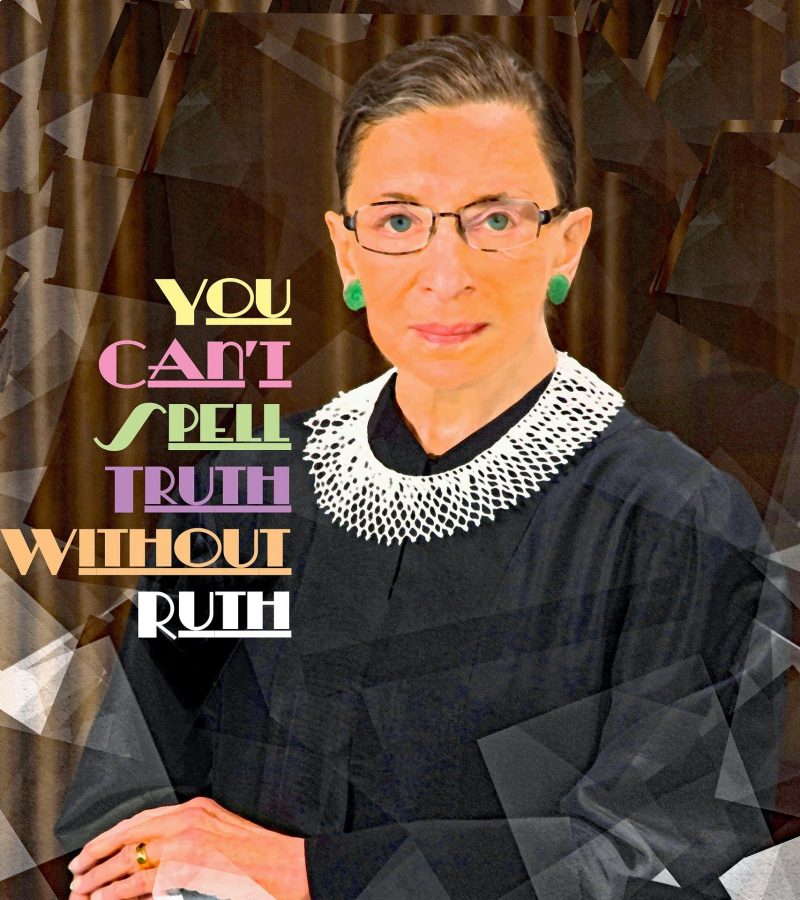On Sept. 26, Trump announced Judge Amy Coney Barrett as his choice for the Supreme Court.Barrett is a federal appellate judge and a former clerk for the late Justice Antonin Scalia. During her time on the 7th U.S. Circuit Court of Appeals, some topics she’s dissented on as a jurist include abortion, the Affordable Healthcare Act and the Second Amendment.
On the issue of abortion, Barrett dissented on a provision that made it illegal for abortions to be performed on the basis of the fetus’ race, sex or disability, calling it a “eugenics statute.”
In 2017, Barrett criticized the reasoning behind Chief Justice John Roberts’ decision that passed the Affordable Healthcare Act, saying he, “pushed the Affordable Care Act beyond its plausible meaning to save the statute.”
“He construed the penalty imposed on those without health insurance as a tax, which permitted him to sustain the statute as a valid exercise of the taxing power,” she added.
When concerning the Second Amendment, Barrett is equally conservative. When a man who committed felony mail fraud challenged the 7th Circuit panel for his right to own a firearm as a felon, she dissented alone stating that, “Holding that the ban is constitutional … does not put the government through its paces, but instead treats the Second Amendment as a second-class right.”
Among these dissents, she authored a collection of writings on faith and law. With her impressive resume, she’s incredibly qualified to serve on the bench. However, some are afraid that her religious views could turn back major Supreme Court decisions.
Despite all of this, Barrett is not the reason why the Supreme Court nominee should be appointed after the election. The reason for holding off on appointing someone is the very precedent set by the Grand Old Party in 2016.
Trump’s rush to appoint Barrett comes with backlash from many, including presidential nominee former Vice President Joe Biden, who thinks the winner of the election should choose the next Supreme Court Justice.
Biden urged GOP senators to hold off, saying, “Just because you have the power to do something doesn’t absolve you of your responsibility to do right by the American people.”
Senate Majority Leader Mitch McConnell defended Trump’s decision to appoint a new judge, stating that, “We can’t pick and choose when big decisions are foisted upon us by things we didn’t anticipate.”
This stance is a sharp turnaround from the precedent McConnell himself set in 2016 with former President Barack Obama’s choice for the Supreme Court.
Nearly nine months before the 2016 election, Obama tried to appoint a replacement for Scalia. However, Republicans were adamant that the seat not be filled in an election year.
McConnell then said, “The American people should have a voice in the selection of their next Supreme Court justice,” arguing that the Senate had not appointed the Supreme Court nominee in an election year since 1888.
McConnell is right that the American people should have a voice, especially with the presidential election nearby, on who should be the next Supreme Court Justice. As a matter of fact, a new poll from Reuters and Ipsos found that 62% of American adults, regardless of political ideology, believe the winner of the election should choose the next nominee.
This decision by the GOP and McConnell is a political scheme that with under 40 days left to the election illustrates a double standard for the legislative branch.
To these lawmakers, the shifting of American law and legal decisions for years to come are more important than the very Americans they were elected to represent.






